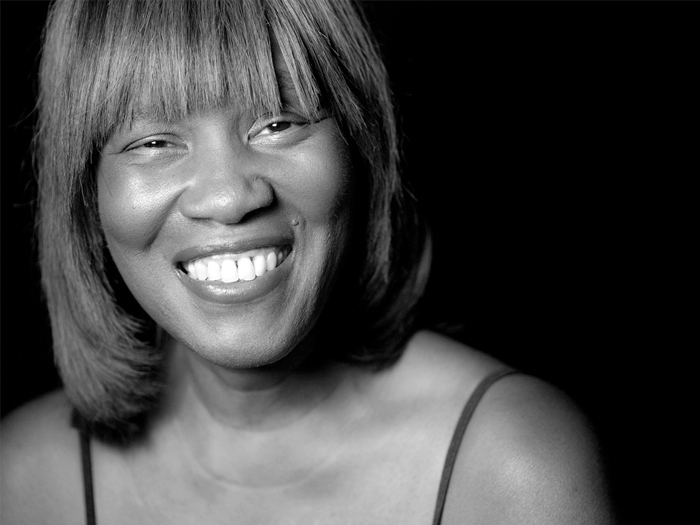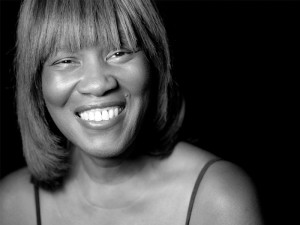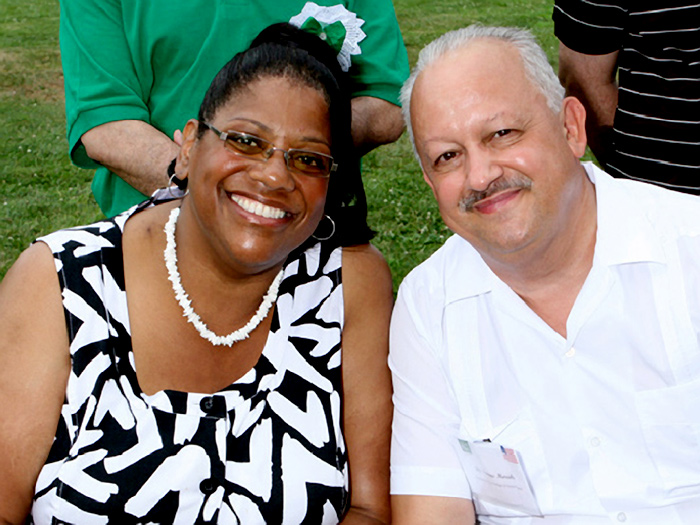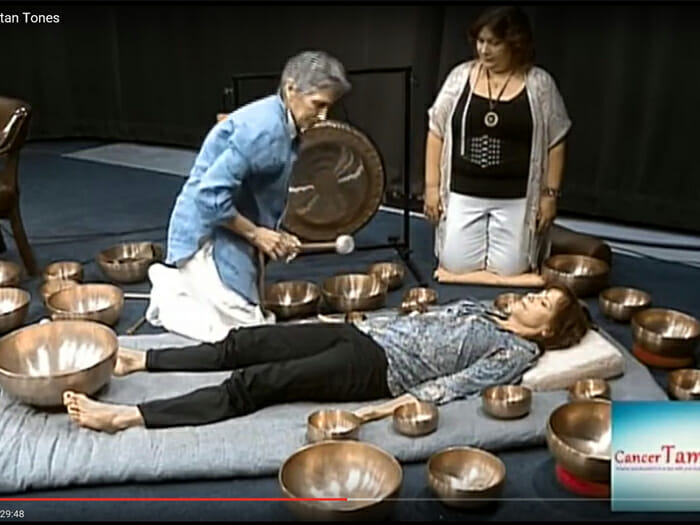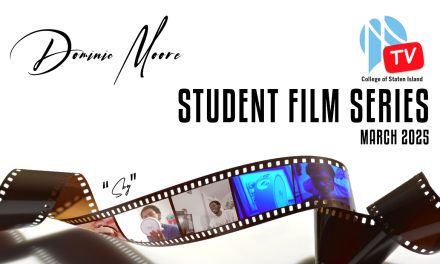Assistant Professor of English Patricia Smith is an award-winning poet whose works include Close to Death, Big Towns, Big Talk, and Life According to Motown, just released in a 20th-anniversary edition. Her collection, Teahouse of the Almighty, was chosen for the 2006 National Poetry Series, and Blood Dazzler, which chronicles the human, emotional, and physical toll exacted by Hurricane Katrina, was a finalist for the 2008 National Book Award, and one of NPR’s Top Books of 2008. The book was the basis for a thrilling dance/theater collaboration, which sold out its performances at NYC’s Harlem Stage. Her newest collection, Shoulda Been Jimi Savannah, is already receiving its fair share of accolades as a finalist for the William Carlos Williams Award from the Poetry Society of America.
Patricia Smith is also a record four-time National Poetry Slam winner and arguably the world’s best spoken word performer. She earned a Guggenheim Fellowship in 2014.
Her accolades are numerous but what is most interesting is finding out just what makes her tick. In our most recent faculty profile, CSI Today was able to speak with Professor Smith and find out a little about what makes her such a successful writer and educator.
Professor Smith first discussed Shoulda Been Jimi Savannah, in which she wanted to “write about Motown and the sway the music had on me.” She was attracted to the connection she had with the stories that Motown songs told. The book, a loose autobiographical collection of poems, focuses on “a segment of the population—my age group—that we don’t often hear from.” She further discussed how the Great Migration—the move from the southern to the northern parts of the country that many African Americans took part in during the middle of the 20th century—as “such a sea change. It was like migrating to another country.” In the early 1950s, her parents, Annie and Otis Smith, joined that exodus and settled in Chicago.
The writer was inspired by the memory of listening to her father tell her stories after work. “I grew up in the tradition of the back porch. When I was a young girl, my father would sit and tell me stories about his day, the people he worked with at the candy factory, folks he encountered in the neighborhood.” That tradition taught her to “look at the world in terms of the stories it could tell.”
Smith has been obsessed with telling those stories since she was eight-years-old, but it was not until she won a poetry contest in Chicago and was awarded with a trip to Osaka, Japan to present her poetry that she realized she had a future as a writer. “Having my poetry translated for 25,000 Japanese businessmen, a group of people who would never otherwise be exposed to my work was an amazing experience,” she said of her first trip outside of the country. “I thought about my father who by that time had passed away; it was something neither one of us could have imagined.”
Discussing her time teaching at CSI, Professor Smith focused primarily on the students and how, much like her, their backgrounds drive them to be excellent students. “They have such a work ethic that most likely stems from their families.”
“So many of my students are new to college or are too busy with their lives to focus on their passions. My job is to tell them that writing can be a parallel career to the one they’ve chosen.”
Professor Smith claims that she gets a rush out of “watching that realization by students who are not aware of their natural writing talent.”
She advises young writers to read as much as possible. “You can’t be a full-fledged writer unless you sample other lives,” she said of the importance of exploring the world through books. She also commented on the ease at people can now “go online or go to readings and meet poets and sample their work.”
She also preaches discipline and believes that writers should treat writing just like another job. “You have to say, ‘I’m going to write ten pages today’ and then do it.” Otherwise, she continued, “it’ll just be a recreational activity.”
But most of all, Professor Smith, who is currently working on an anthology of anonymous 19th-century photographs “brought to life” by contemporary poets, had this to say about the life of a writer: “You must tell yourself, ‘I am a storyteller—I will do something that reaffirms that’.”

